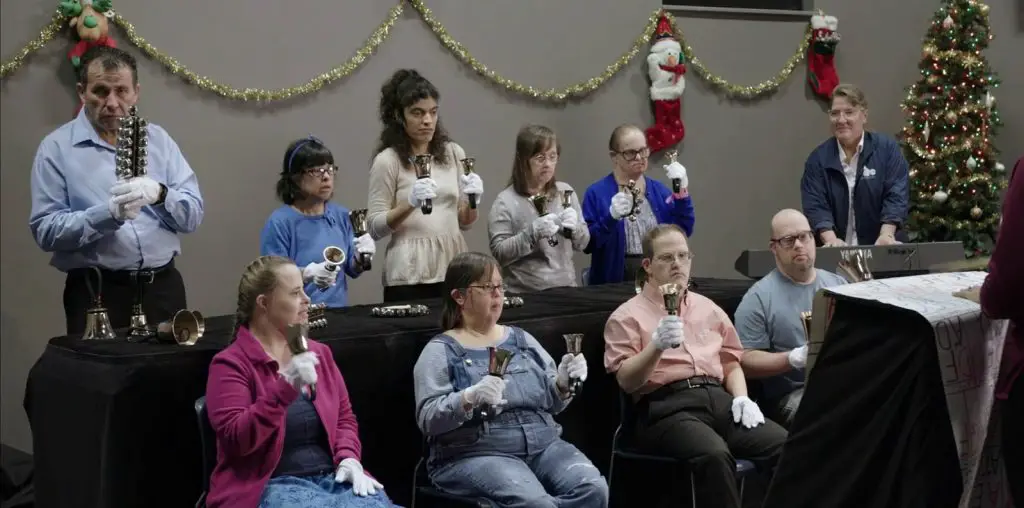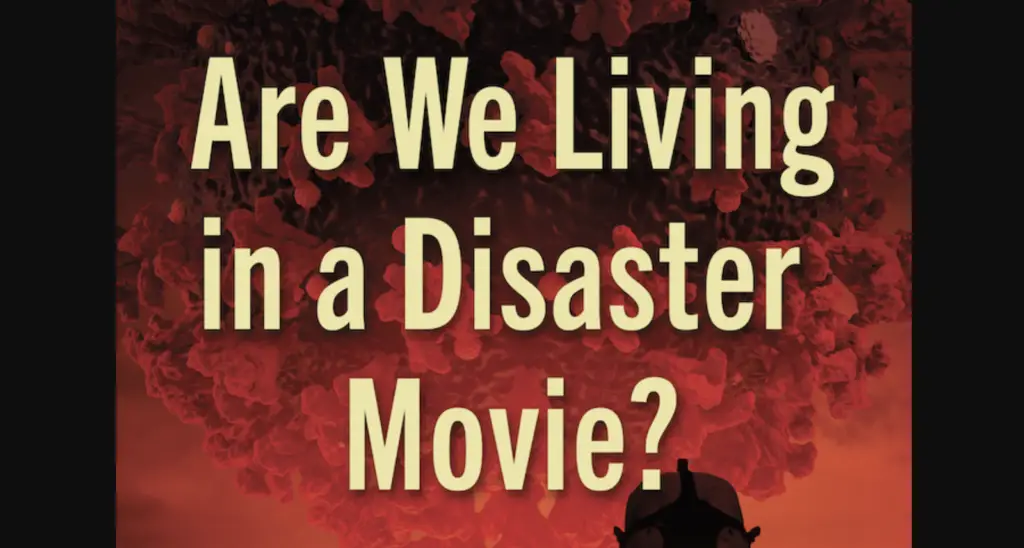
“Show it, don’t tell it.” Anybody who has ever written a screenplay has heard that phrase repeated over and over again like a mantra. Screenplay writing instructors should practice what they preach by showing Mark Anthony Galluzzo’s grim drama “Trash,” because this film is a perfect example of that golden rule in action. High school senior Anthony DeMarie (Eric Michæl Cole) is way too smart for his backwater surroundings, as evidenced by the third place award he won for one of his short stories. Yet, Anthony remains trapped in limbo; eager on the one hand to get the hell out of Keystone Heights, yet complacently comfortable in his nowhere hometown. The one thing that’s certain is that he won’t get any encouragement to move on to better things from his best friend Sonny James (Jeremy Sisto), a brooding, brawling pent-up gas station attendant who seems perfectly happy having the run of the town. He can put up with his drunken, abusive parents and help support his single parent sister as long as he can score with the occasional rich daddy’s girl who passes through. With the affection and unspoken encouragement of uptown girl C.J. Callum (Jaime Pressly) inspiring him, Anthony leans towards the SATs and getting out, while encouraging Sonny to join him. It seems to be working, until Sonny embarks on an ill-conceived shortcut to wealth which threatens to permanently drag Anthony down into the mire with him.
Now, back to that showing versus telling thing. The only way we know these people are in high school is because we’ve been told they are. Simply showing a few more classroom scenes would have made this set-up far more convincing, (as would younger casting. Have all filmmakers and television producers forgotten how young high school kids really look?) We see that Anthony is a sensitive sort of fellow and realize, thanks to a teacher’s encouraging lecture, that he doesn’t fit in with the rest of the locals. In other words, Galluzzo shows the audience that Anthony is a sympathetic character.
He mostly portrays Sonny, on the other hand, as a drunk, brawling, love ’em and leave ’em loser who deliberately runs over a dog and beats up a little old lady. Sure, we’re told in a throwaway line how Sonny is a leader and a protector and how he sends money to his single mom sister, yet we’re shown a hoodlum. It’s only when we glimpse his horrid home life that we begin to feel even the slightest bit of sympathy for him. As a result, this flawed but full of potential character, obviously fondly regarded by Anthony who even credits him as the inspiration for some of his writing, comes across here as the bad guy. This unbalanced portrayal of its protagonists weakens “Trash,” making the characters and their motives a little too obvious and two dimensional. All is not lost here, however. Both Sisto and Cole give it their all, especially considering the story handicaps under which they were performing. It’s just unfortunate that what could have been a complex, morally ambiguous study of friendship and its complications, turns instead into a fairly trite male melodrama.

